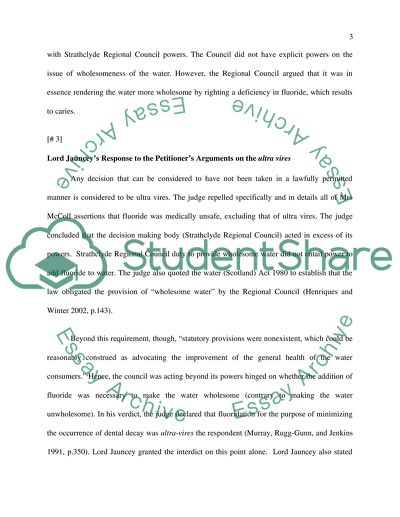Cite this document
(“Legal Methods Paper Term Example | Topics and Well Written Essays - 2250 words”, n.d.)
Legal Methods Paper Term Example | Topics and Well Written Essays - 2250 words. Retrieved from https://studentshare.org/law/1453895-legal-methods
Legal Methods Paper Term Example | Topics and Well Written Essays - 2250 words. Retrieved from https://studentshare.org/law/1453895-legal-methods
(Legal Methods Paper Term Example | Topics and Well Written Essays - 2250 Words)
Legal Methods Paper Term Example | Topics and Well Written Essays - 2250 Words. https://studentshare.org/law/1453895-legal-methods.
Legal Methods Paper Term Example | Topics and Well Written Essays - 2250 Words. https://studentshare.org/law/1453895-legal-methods.
“Legal Methods Paper Term Example | Topics and Well Written Essays - 2250 Words”, n.d. https://studentshare.org/law/1453895-legal-methods.


